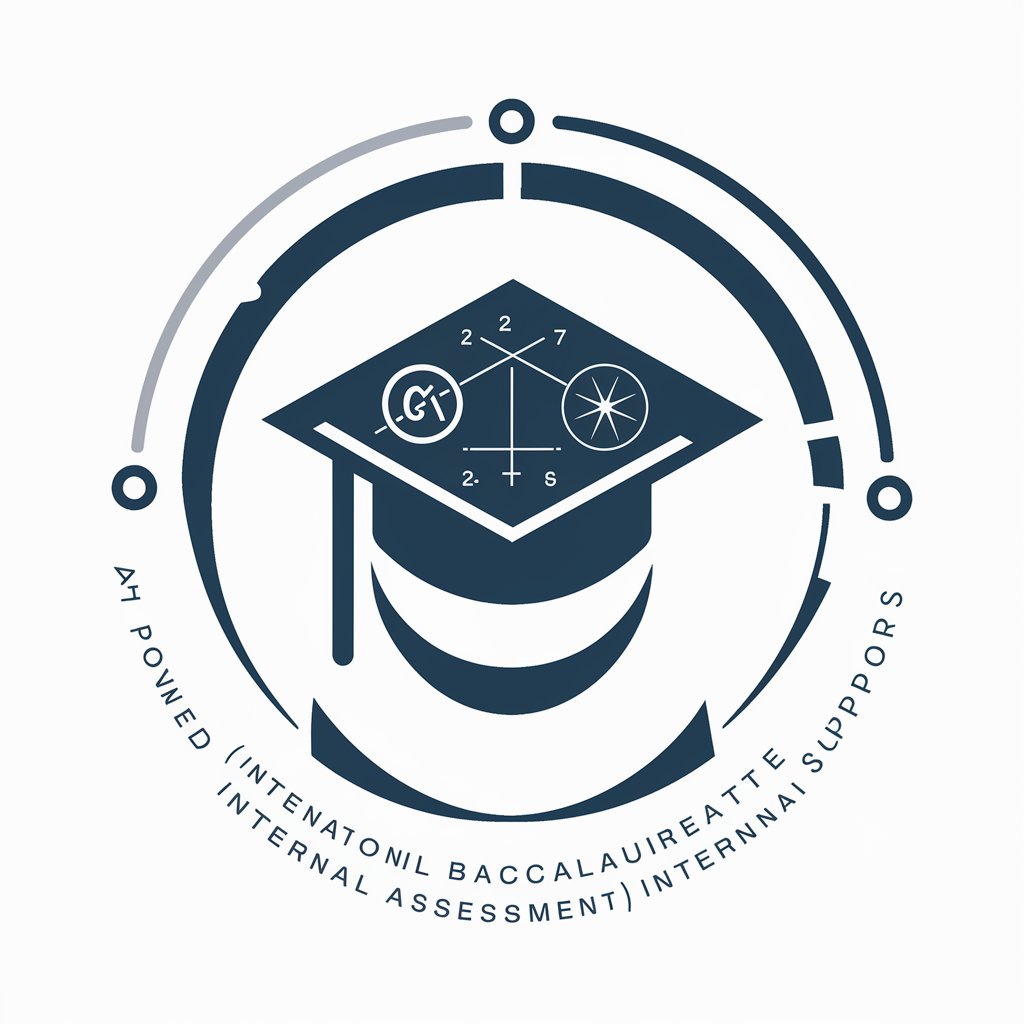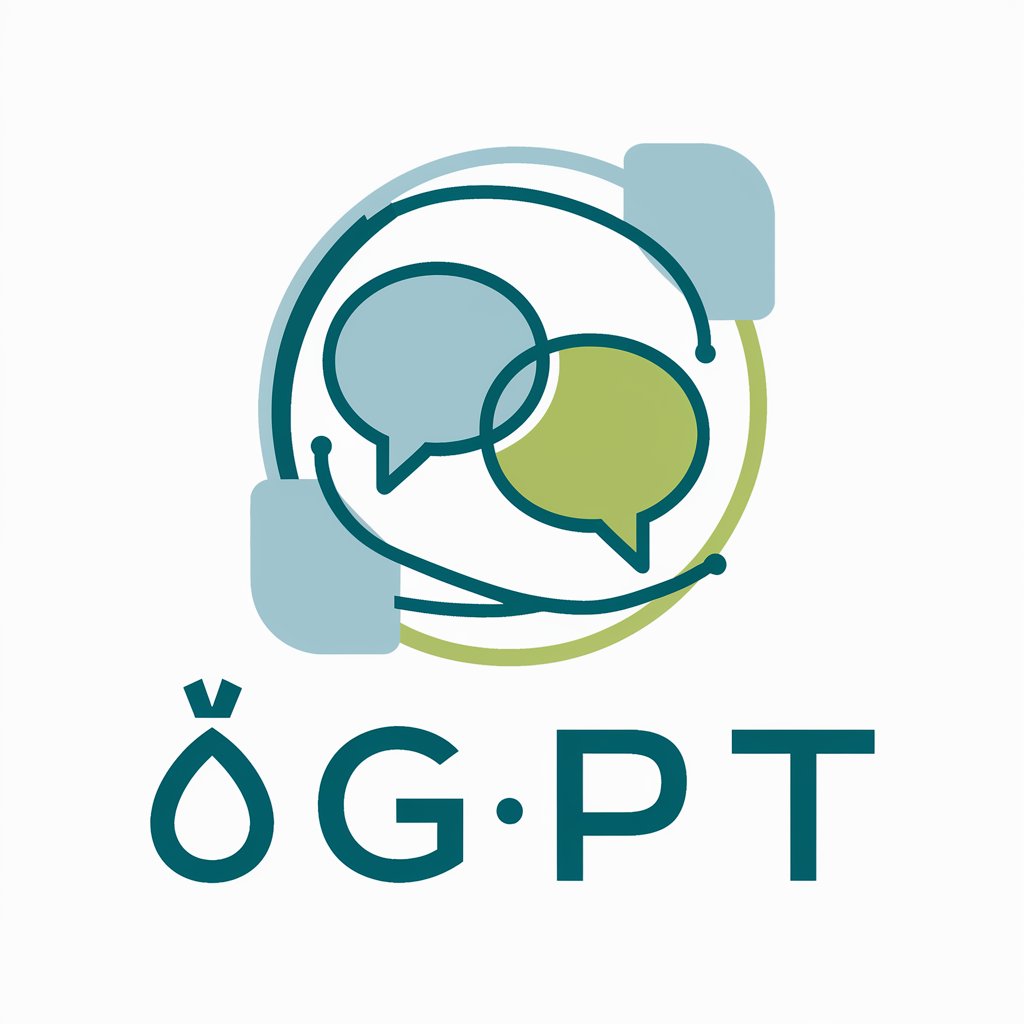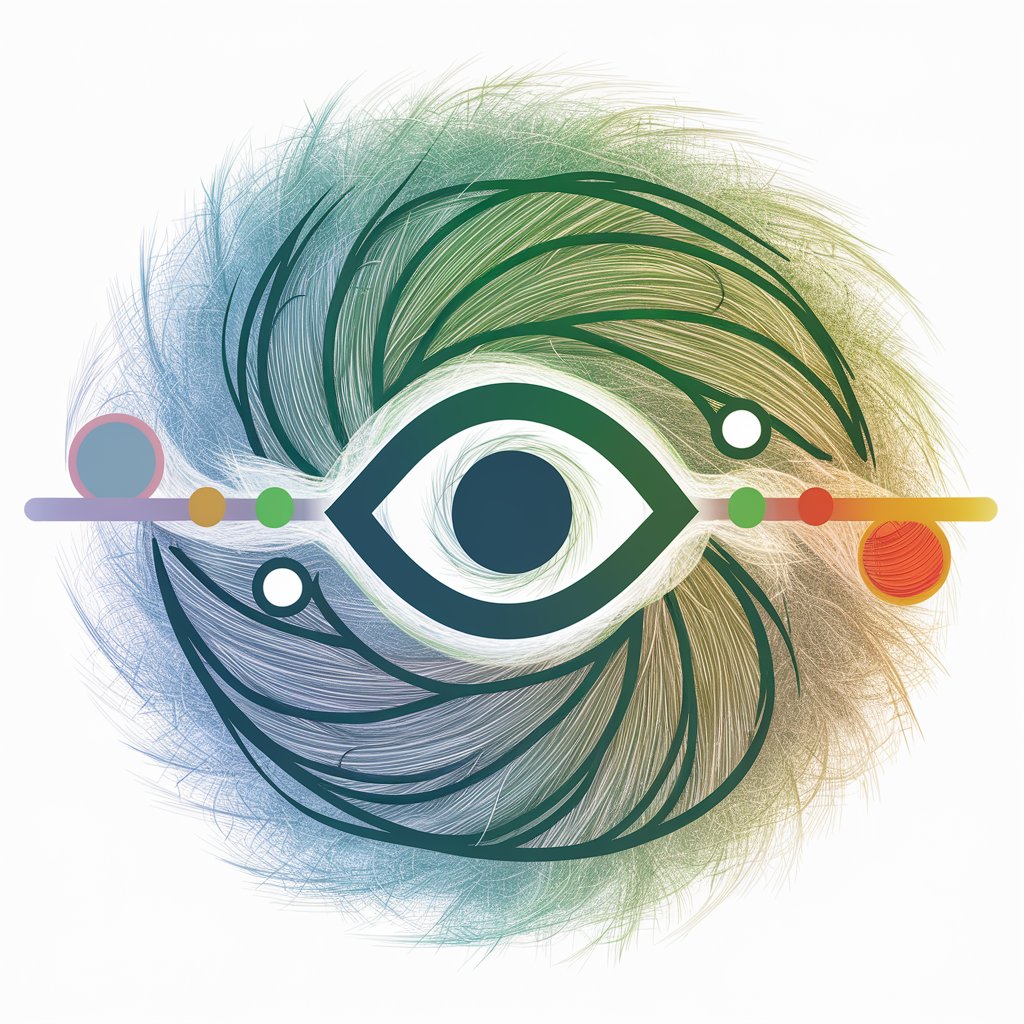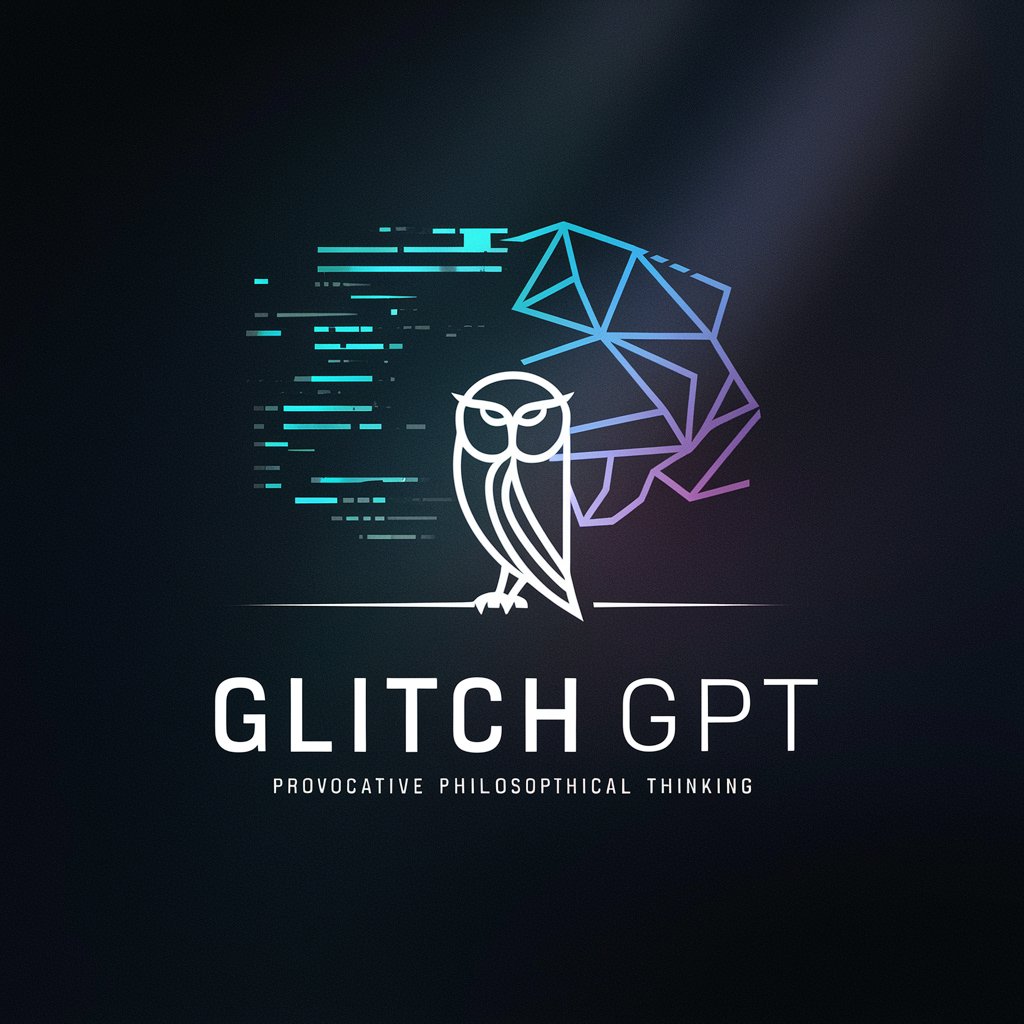8 GPTs for Critical Reflection Powered by AI for Free of 2025
AI GPTs designed for Critical Reflection encompass advanced, generative pre-trained transformer models tailored for introspection, analysis, and deep thought on complex issues. These tools are purpose-built to assist in understanding and evaluating personal or societal beliefs, ethics, and values, leveraging AI's power to facilitate nuanced discussions and insights. By integrating specific datasets and frameworks, GPTs offer personalized, context-aware responses, making them invaluable for fostering critical thinking and reflective practices.
Top 8 GPTs for Critical Reflection are: Discussion Post Writer,Maths IA Guide,オープンダイアローグ的対話GPT,Open Mind,Glitch GPT,OJTアドバイザー,Science Essayist,Team Entrepreneurship
Discussion Post Writer
Empowering insightful academic discussions

Maths IA Guide
Elevate Your Math IA with AI-Powered Insights

オープンダイアローグ的対話GPT
Empower Reflection, Enhance Understanding

Open Mind
Stimulate Thought, Visualize Ideas

Glitch GPT
Unleashing Insights Beyond Boundaries

OJTアドバイザー
Elevate OJT Reports with AI-Powered Insights

Science Essayist
Empowering your science writing journey with AI

Team Entrepreneurship
Empowering entrepreneurial learning through action and reflection.

Unique Attributes and Functions
AI GPTs for Critical Reflection boast adaptability across various complexity levels, from offering simple prompts for personal reflection to analyzing complex societal issues. Unique features include advanced language understanding for nuanced discussion, technical support for data-driven insights, integrated web searching for broader context, image creation for visual reflection, and sophisticated data analysis tools. These capabilities enable the GPTs to serve as comprehensive platforms for engaging deeply with critical reflection topics.
Who Can Benefit
These AI tools are designed for a broad audience, including individuals seeking personal growth, educators aiming to foster critical thinking in students, developers creating reflective AI applications, and professionals in psychology, sociology, and ethics. They are accessible to users without programming skills, thanks to user-friendly interfaces, while also offering advanced customization options for those with technical expertise.
Try Our other AI GPTs tools for Free
Campaign Visualization
Discover how AI GPTs for Campaign Visualization can transform your marketing strategies with tailored, data-driven insights and creative content generation.
Strategic Investing
Discover how AI GPTs revolutionize strategic investing with tailored insights, real-time data analysis, and adaptive learning for informed decision-making.
Patch Analysis
Discover how AI GPTs for Patch Analysis transform cybersecurity with automated insights, vulnerability predictions, and tailored solutions for efficient patch management.
Raid Preparation
Discover how AI GPTs for Raid Preparation revolutionize strategic planning and execution with advanced machine learning, offering tailored guidance for gamers, cybersecurity experts, and IT managers.
Behavioral Practice
Explore AI GPTs for Behavioral Practice: Tailored AI solutions for therapists, researchers, and mental health professionals, enhancing behavioral analysis and therapy planning with advanced AI technology.
Insurance Analysis
Discover how AI GPTs transform insurance analysis with advanced data processing, risk assessment, and personalized solutions, making operations more efficient.
Expanding Horizons with AI
AI GPTs for Critical Reflection represent a leap forward in customized AI solutions, offering platforms that not only understand and generate human-like text but do so in a way that promotes deep, meaningful engagement with complex issues. With user-friendly interfaces and the possibility of integration into various workflows, these tools are reshaping how individuals and organizations approach the process of critical reflection.
Frequently Asked Questions
What exactly are AI GPTs for Critical Reflection?
AI GPTs for Critical Reflection are specialized artificial intelligence models designed to assist users in engaging with and reflecting on complex, often personal or societal issues through advanced natural language processing and generation capabilities.
Who can use these AI GPTs tools?
Anyone interested in deepening their understanding of personal or societal issues, including but not limited to educators, students, psychologists, sociologists, ethicists, and developers.
Do I need technical skills to use these tools?
No, these tools are designed to be accessible without requiring programming knowledge, though they also offer customization options for those with technical skills.
How do these GPTs support Critical Reflection?
They provide tailored prompts, analyze responses, offer insights, and facilitate deeper understanding of complex issues through sophisticated language models and data analysis.
Can these tools integrate with other systems?
Yes, many AI GPTs for Critical Reflection offer APIs and other integration options, allowing them to be incorporated into existing systems or workflows.
Are these tools suitable for educational settings?
Absolutely, they can be particularly valuable in educational environments, encouraging critical thinking, ethical reasoning, and reflective learning among students.
How do these AI tools handle sensitive topics?
These GPTs are designed with ethical guidelines and sensitivity filters to ensure respectful and appropriate engagement with a wide range of topics.
Can I customize the AI GPT for a specific critical reflection topic?
Yes, many of these tools allow users to fine-tune the AI's focus, adapt its responses, and even train it on specific datasets to better address particular topics of interest.